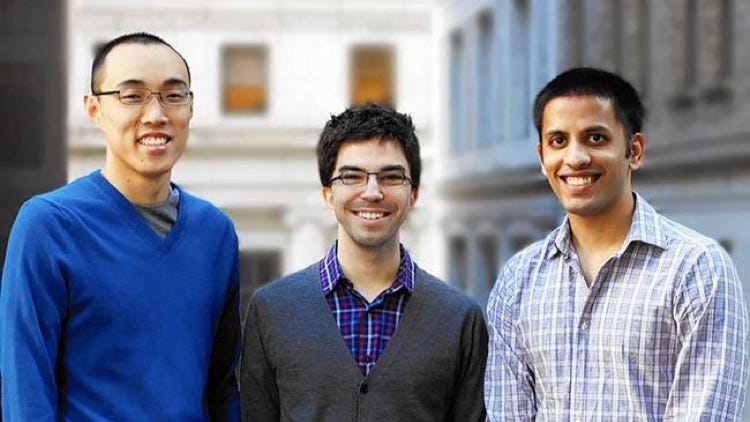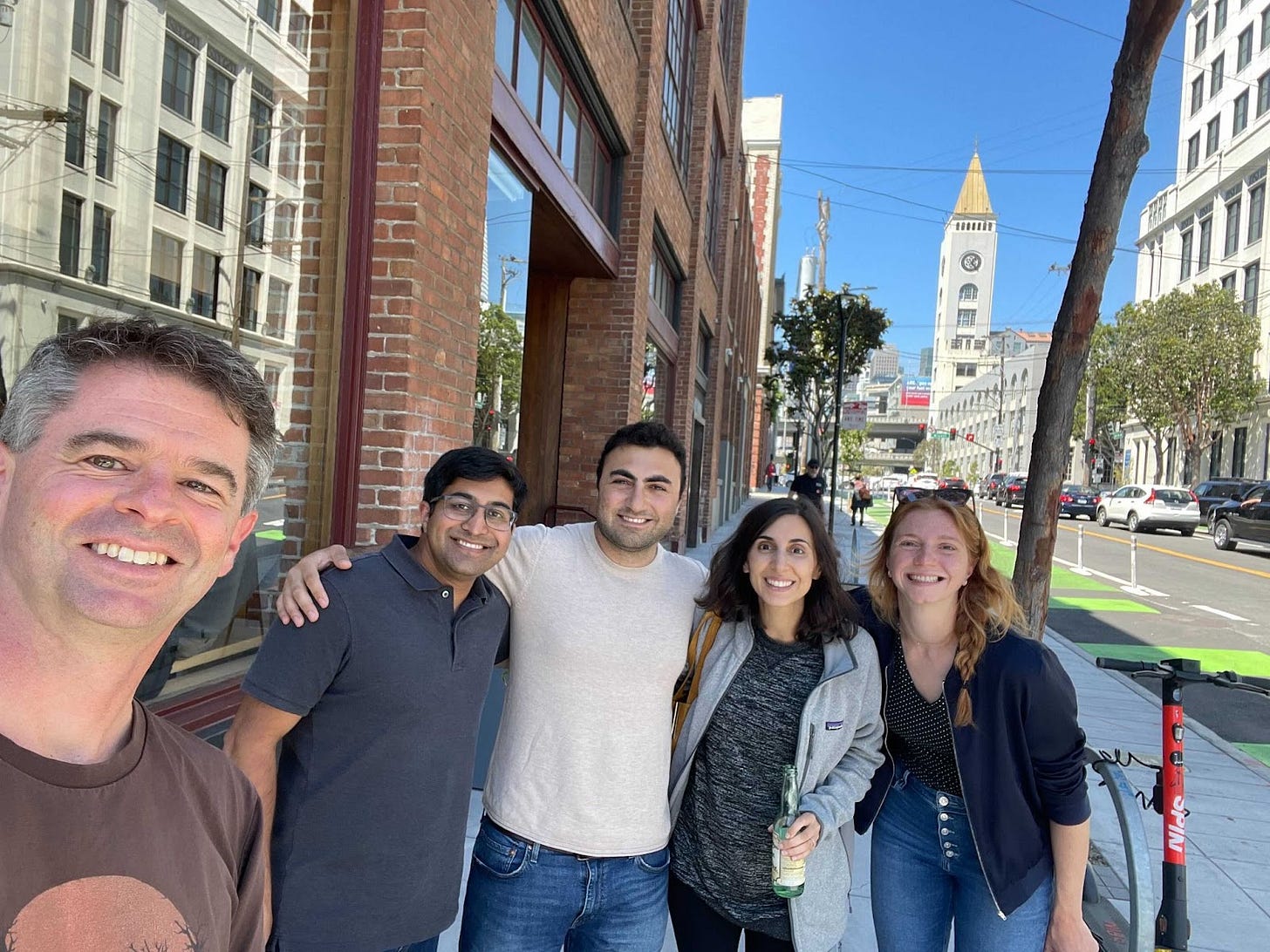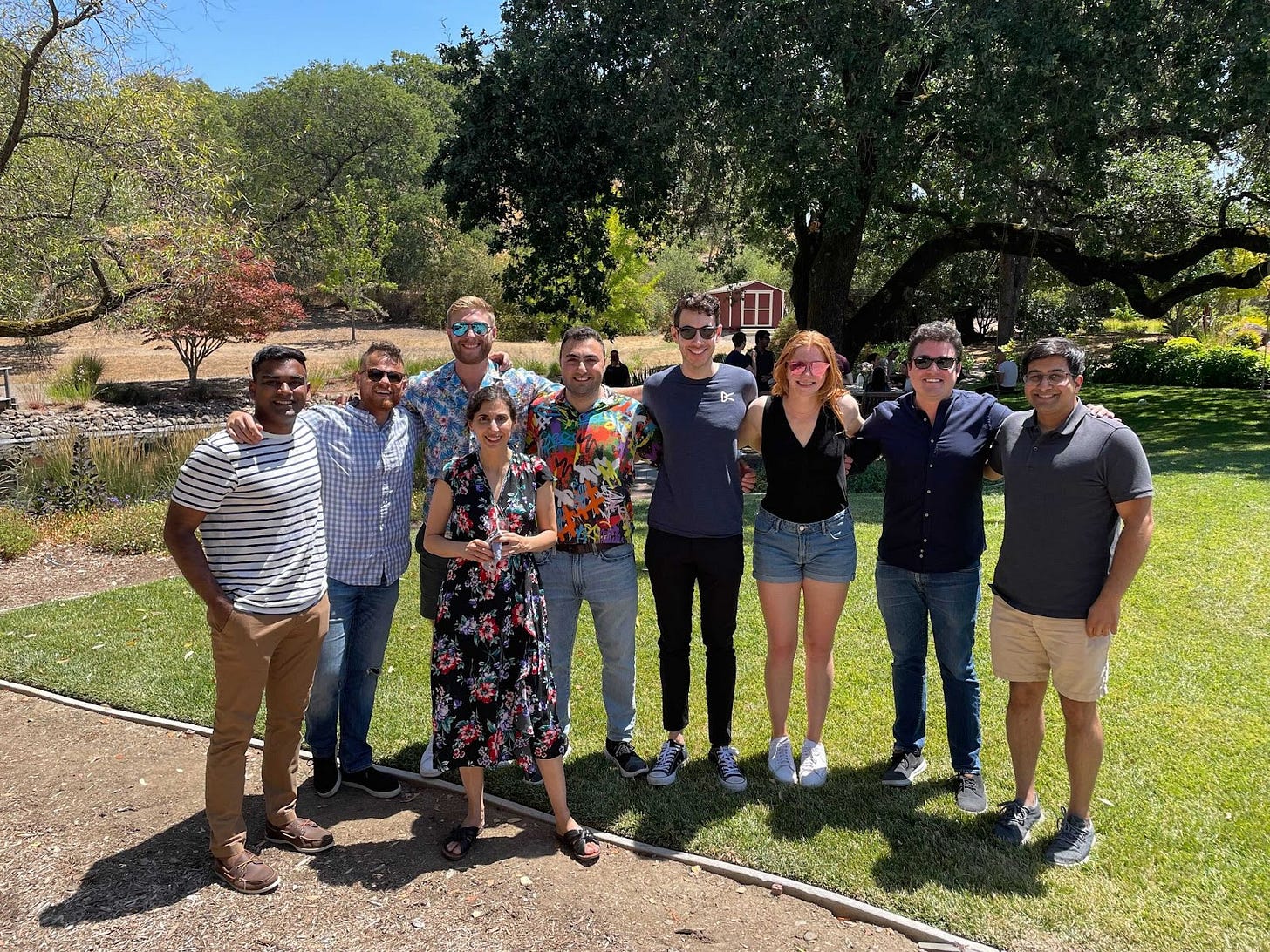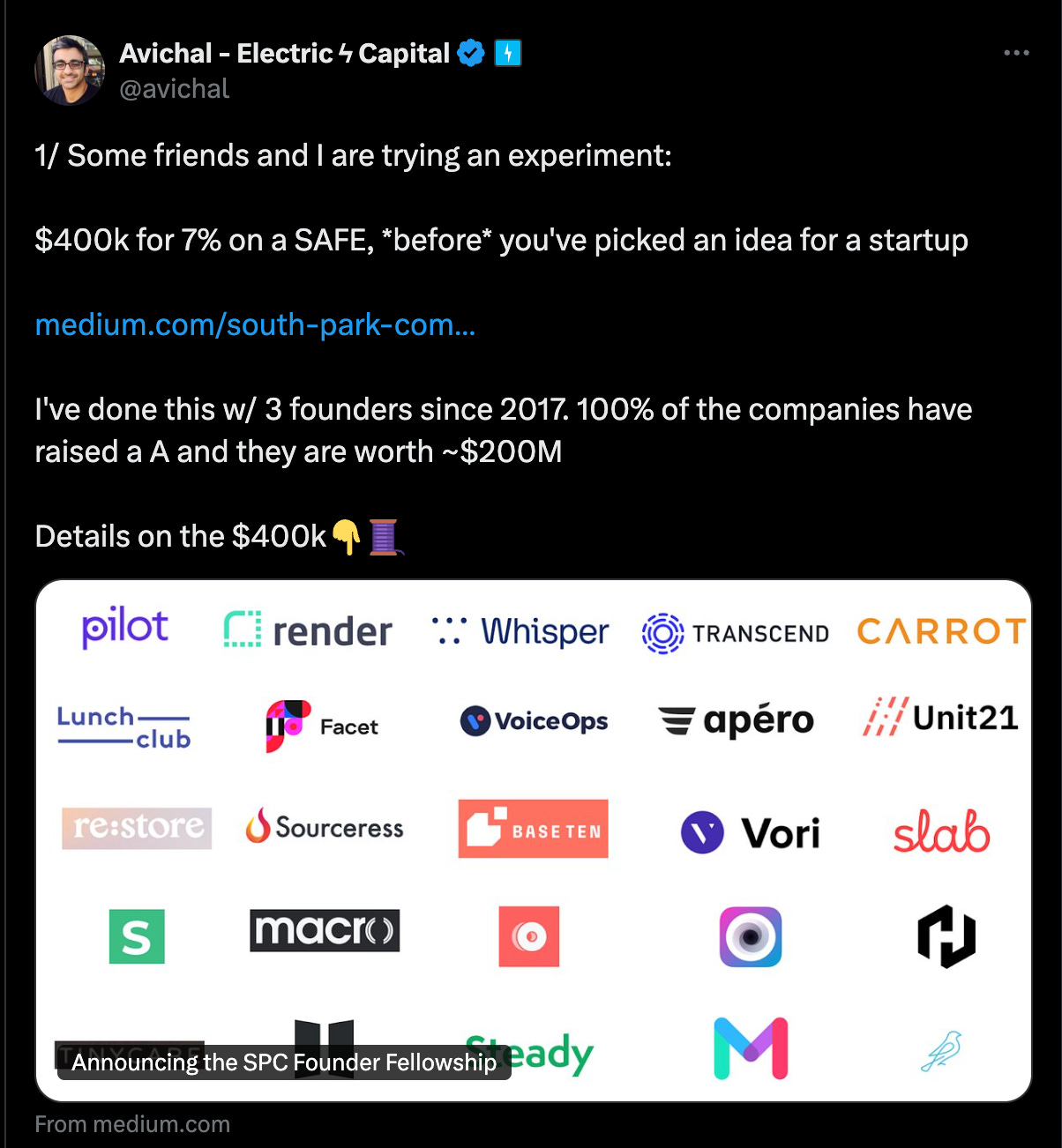Founder FAQs: How did I decide to become a founder?
Goal: greater transparency in hopes that sharing my experience supports other founders, aspiring founders, and the founder-curious.
I am often asked how I “knew” I was ready to become a founder. The short answer is I didn’t.
Early on in my technology career, as an early employee at a YC-backed startup called Kamcord, if you asked me to picture a founder, I’d probably imagine…a hoodie-wearing dude living in SF who consumes gallons of coffee, Diet Coke, and/or Soylent and is constantly coding and gaming.
Or I’d picture Steve Jobs, who was (still is) venerated as the ultimate irreverent founder archetype.
To me, as an early employee, the trio of Kamcord founders embodied what startup founders ought to be: they’d worked on prestigious projects at companies like Google, graduated from MIT, and were Y Combinator graduates who’d raised money from major venture capital firms including GV (Google Ventures), Tencent, and Time Warner.
Our new product launches were reported on in TechCrunch time and again.

Even though the journey was not linear or straightforward by any means, I felt confident that with Kamcord’s founders and team, I was on a rocketship and just lucky enough to have a seat and be able to learn and contribute…well, anything.
From 2015 - 2017 while I was there, our team shipped and iterated a lot as we found, then lost, product-market fit. Through this experience, I learned that I love working on new technology problems and figuring out how to leverage these technologies to improve people’s lives.
I also learned that I love working on teams that build software products and being deep in the software development life cycle.
Kamcord’s team was acquired by Lyft (as also reported on by TechCrunch, naturally) and our zig-zagging rocket ship (in my opinion, anyway) docked at a much larger starship that was in the full throes of hyper-growth.
At Lyft, I worked with extraordinary people: from designers to engineers to EMs to product marketers to powerhouse people leaders. I learned how to create and manage a team, in addition to getting deeper into building software products – and going from 0-to-1 then scaling.
We had the opportunity to create products and user experiences that touched millions of people’s lives and increased the accessibility of transportation in cities across the United States. I personally also grew by tackling urgent and important high-visibility projects that required our team to frequently figure out new and better solutions. I honed my ability to figure out solutions as we went, including under great pressure to deliver – and fast!
In early 2021, after over three years at Lyft, I was recruited by the founders of a couple of promising startups to join their team as a founding product hire. Ultimately, I turned down these offers because my gut feeling told me it wasn't quite the right fit.
I started to reflect more seriously…what did I want to do? If I could do anything, what would most increase my velocity towards my north star?
I didn’t have an idea (yet), or cofounder (yet), or funding (yet)...but maybe, just maybe, I’d want to explore doing my own thing – at some point, in the future, when it made sense.
For the first time, I started to think that becoming a founder might be the best, and perhaps only way, to really go all-in on my goals and figure out the right problems to solve through technology and the best solutions through products. My calculus flipped from “why me” to “why not me.”
And right around then, something magical happened.
One evening, I had a catch up call with a friend (thank you forever for this, Mishti Sharma) who sent me this tweet from Avichal Garg:
“Oh” I thought “This sounds interesting.” On the spot, I applied.
It was technically a day after the deadline, but the Airtable form was still open.I was fairly convinced I’d never hear back from South Park Commons regarding the application I’d just sent into the void.
My SPC video submission answering: “what are the projects you’re the most proud of?” — I’m whisper-talking because I recorded the video late at night and didn’t want to wake up any neighbors.
But then I heard back. The SPC team wanted to chat.
In rapid succession, I met with Mitra Lohrasbpour (then a partner on the SPC Fund team) and Aditya Agarwal (SPC Partner and Co-founder). I was blown away by our conversations discussing what problems I might focus on – and what technology products I might build to solve them.
When Aditya told me I got into the inaugural SPC Founder Fellow cohort, despite being among the earliest stage of “pre-idea” founders in the batch, I was extremely surprised. And I said yes.
In my Founder Fellow cohort and the broader SPC community, I met brilliant, supportive peers. I learned many ways on how to validate and test markets, problems, and ideas (more on that in another post, maybe). I met my incredible co-founder and partner, Jared Cosulich, via the SPC community.
I want to add an important caveat here – being a venture-backed founder is for a specific subset of founders and startups. For the venture model to make sense, you need to have huge ambitions and the drive to achieve them (or fail trying) with incredible urgency.
And, as I learned at Kamcord, it’s a road that’s likely going to take longer than you thought and might not lead to the IPO you dream of when you start (in fact, most startups fail or are among the “living dead”, alive but going nowhere).
Becoming a VC-backed founder is not the only or even “right” way to become a founder for everyone, but it was at this point in time (and is today) for me. It matched the scale of my ambition (even without a specific idea) and the urgency I felt to build and scale a meaningful product that might benefit humanity or at least a significant subset (market).
Did I know I was fully ready to be a founder? Hell no. But I knew I’d learn and grow and have a greater chance of achieving the kind of impact I wanted to have in the world with my work.
Couldn’t I have done this part-time while at Lyft? For many, exploring startup ideas as a side-hustle is a viable option and a way to de-risk the earliest stages, but for me it really wasn’t. I was 100% all-in on my role at Lyft and I don’t think that’s a bad thing. I would not have felt right showing up to Lyft with less energy while simultaneously not giving myself the chance to go all-in on a new independent idea.
As a founder, it was important to me to find work that I was passionate enough about to want to think about nearly 24/7. I wanted what I was working on to matter so much to me that I’d basically be thinking about it constantly, from during the “work day” to Archimedes-style shower thoughts and epiphanies while surfing or on a walk.
With SPC, I knew I had partners and peers who had my back in going all-in even before having an idea or direction. And while I started as a solo founder, I quickly met a strong partner and co-founder in Jared with whom building together was even more extraordinary than exploring and building solo.

If you’re thinking about becoming a founder, I’d encourage you to ask yourself “why not”. You might have valid reasons, but you might also be surprised. I certainly was.
I have learned more in the past 4 years than in any earlier part of my career, and I continue to be fired up to solve hard problems for people creatively through the technology and products we create.
If you want to follow what Jared, myself, and our team are building at CodeYam, you can check out the latest demos and content here:
This is the second in what I hope will be a series of posts about my experience becoming and being a founder. You can find my first Founder FAQ post on “Did I always want to be a founder?” here.
If you enjoyed this or found it useful (or not), please share feedback. Your questions, suggestions, and comments will help me shape the future of this personal blog.
P.S. If you’re thinking about applying to South Park Commons, their current Founder Fellowship cohort application is now open (closes February 2, 2025). I tweeted about my experience here and here. I can’t say enough good things about my experience, the Founder Fellowship program, and the SPC team and community.

Special thanks to Dani Raskovsky for feedback on an earlier draft.






Amazing post. Such a helpful way to think about the founder's journey.